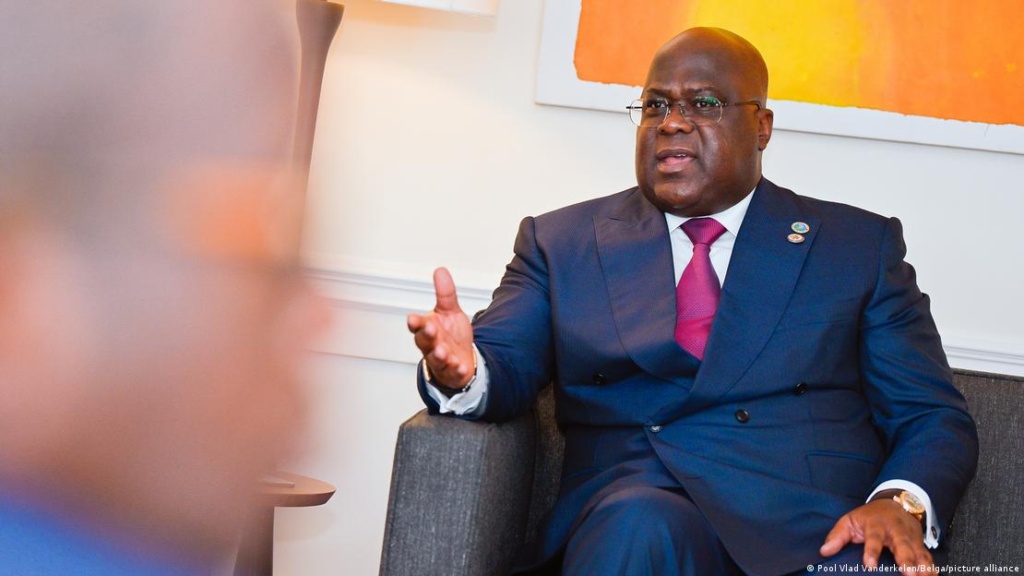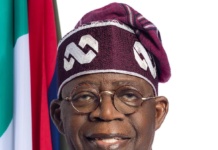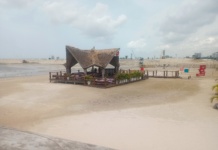
By Olakunle Agboola – The Democratic Republic of the Congo, also known as Congo-Kinshasa, DRC, DR Congo, or simply the Congo is a country in Central Africa. By land area, the DRC is the second-largest country in Africa and the 11th-largest in the world.
DRC is the most populous officially Francophone country in the world with a population of around 112 million. The national capital and largest city is Kinshasa, which is also the economic center with a huge population. The country is bordered by the Republic of the Congo, the Central African Republic, South Sudan, Uganda, Rwanda, Burundi, Tanzania, Zambia, and Angola.
Congo achieved independence from Belgium on 30 June 1960 and has been confronted by a series of secessionist movements, most especially the assassination of Prime Minister Patrice Lumumba, and the seizure of power by Mobutu Sese Seko in a 1965 coup d’état.
Mobutu renamed the country Zaire in 1971 and imposed a harsh personalist dictatorship until his overthrow in 1997 by the First Congo War. The country then had its name changed back and was confronted by the Second Congo War from 1998 to 2003.
The war ended under President Joseph Kabila, who governed the country from 2001 to 2019, under whom the country remained poor and included frequent abuses such as forced disappearances, torture, arbitrary imprisonment, and restrictions on civil liberties.
The 2018 general election is the country’s first peaceful transition of power since independence, and Félix Tshisekedi has served as president since 24 January 2019. He was the Union for Democracy and Social Progress (UDPS) party’s candidate for president in the December 2018 general election.
Despite accusations of irregularities from several election monitoring organizations and other opposition parties, the Constitutional Court of the DRC upheld his victory. President Felix Tshisekedi is contesting against 19 other candidates including Moïse Katumbi, his main rival, a successful businessman who served as governor of Katanga province.
He is the owner of the TP Mazembe football club and is contesting under the “Together for the Republic” party. Martin Fayulu is another great rival who emerged second in the 2018 presidential elections.
Election observers and the opposition parties are more concerned about a lack of transparency in the general election. They’ve cited issues such as illegible voter cards, electoral list delays, and confusion over polling stations. Also, some voters in the areas of North Kivu province occupied by M23 fighters won’t be able to cast their ballots, due to the ongoing conflict.
Disputes over perceived electoral malpractice frequently spark violent unrest in the conflict-ridden country and DR Congo has not been exceptional in dealing with political conflicts since independence. Challengers and other political parties have called out President Felix Tshisekedi who is running for a second term in office to allow an even playing field to avoid political unrest.
Tshisekedi in his political campaign has promised more jobs, an end to the conflict in eastern DR Congo and more infrastructure once re-elected. He has presented himself as the most stable choice for Congo’s 44 million registered voters.
Congo only saw its first handover of presidential power in 2019, albeit in an election marred by voter suppression, widespread irregularities, and violence. The whole world is watching the election in DR Congo and hopes the leading political party and the ruling president will do the needful to avert political turbulence and war in DR Congo.










